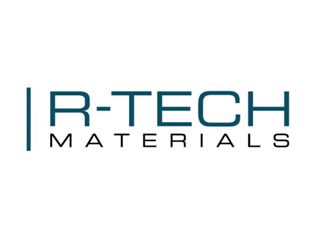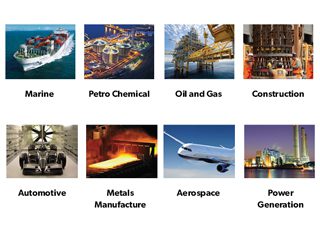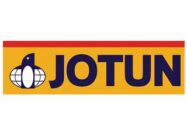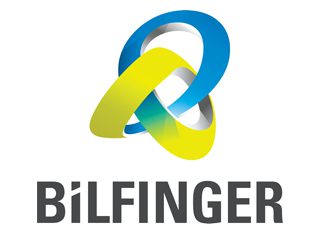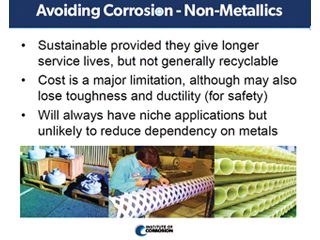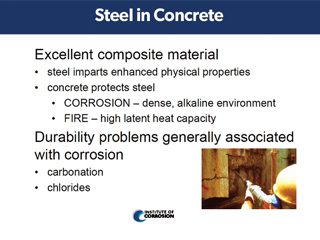Safeguarding the Future: The Crucial Role of PFP Inspectors in Industry Safety
In the critical landscape of the oil, gas, and energy industry, the need for stringent safety measures is undeniable. Passive Fire Protection (PFP) is a safety-critical item, protecting structures, lives and the environment. Consequently, the role of the PFP Inspector is highly important to meeting high standards of installation and therefore dependability in the event of a fire.
As a PFP Inspector, your role is pivotal in mitigating risk. You’ll be responsible for ensuring that PFP systems are installed in compliance with standards, specifications reflecting regulation, and in accordance with current best practices. The objective? To assess installation of PFP systems so they achieve the objectives of safeguarding assets, human lives, and the environment.
In short, a PFP Inspector is far more than a job title – you are a key player in maintaining high safety standards.
Key Takeaways
- PFP Inspectors play a pivotal role in mitigating risks within the oil, gas, and energy industry.
- Their work involves ensuring PFP systems comply with international regulations, standards, and best practices.
- A deep understanding of the PFP installation process, from surface preparation to final topcoat, is essential.
- Critical problem-solving skills are developed through specialised PFP training courses.
- ICorr PFP Inspector Training Courses stand out for their comprehensive curriculum and practical insights.
What Are the Responsibilities and Work of a PFP Inspector?
As a PFP Inspector, your responsibilities revolve around ensuring the uncompromised safety and compliance of PFP systems within the high stakes environment of the oil, gas, and energy industry. Your overarching responsibility is to ascertain the integrity of PFP installations, making certain they adhere to project specifications and documentation relating to product use and qualification. Achieving the highest standards of installation is key to the longevity and durability of the system.
General Responsibilities
Your role as a PFP Inspector encompasses a myriad of critical functions:
Verifying that the installation of all PFP materials are completed to the highest possible standard, utilising established quality control procedures at every stage of the installation.
- Liaising Among Stakeholders
You act as the critical link between the parties involved in the design and construction of key oil and gas assets, be they owners, engineers, contractors, PFP installers or other parties key to the project. Being able to liaise with all parties who have influence on the installation process to achieve a satisfactory outcome is a key skill of the PFP Inspector.
- Participating in Site Meetings
By understanding plans and targets, you communicate observations directly, ensuring that any potential safety or quality concerns are addressed promptly and effectively.
- Inspecting Material Quality
You rigorously inspect materials for compliance with certification and general quality, ensuring that they meet design specifications and contribute to the overall safety of the project.
You oversee the creation of test pieces to serve as a reference piece to the system build and appearance, ensuring that the final product will meet both aesthetic and safety standards.
- Verifying Tool and Machinery Compliance
You ensure that all tools and machinery used in the installation process comply with the PFP manufacturer’s requirements, method statements, and other documentation, safeguarding against potential hazards.
Daily/Project-Based Activities
Daily, your activities might include:
- Pre-Job Meeting and Method Statement
You will be a key participant in the pre-job meeting where all parties involved in the project take time to understand each other’s roles, participation, and deliverables. It will be part of the Method Statement which describes how the project is to be executed.
- Checking Ambient Conditions
Prior to work commencement, you assess the ambient conditions on-site, ensuring they project specification requirements and the PFP manufacturers requirements for environmental conditions.
- Working to Project Specification and Documentation
Understanding the project specification and key documents such as the Inspection Test Plan (ITP) will be part of your daily work. Matching project specification against PFP product documentation, such as Type Approval Certificates, will be a key part of your role.
You document observations regarding the application processes, ensuring that every aspect of the installation aligns with the project specifications and documentation, reporting and managing nonconformance issues as they may arise, and managing their resolution.
How Are PFP Inspectors Employed?
Depending on the operational framework and specific needs of the project, a PFP Inspector might serve as a representative of the owner, the constructor, or the installation contractor. Whoever is your employer, your objective is clear: to ensure the safety and integrity of oil, gas, and energy projects through meticulous oversight and implementation of sound inspection practices and quality processes.
What Are the Key Attributes of Successful PFP Inspectors?
As a PFP Inspector, you’ll be charged with a complex combination of responsibilities and expectations. During the installation process, deviation from best practices and sound principles can lead to significant short- or long-term issues with a PFP system. To navigate the challenges of the role successfully, you must embody certain key attributes.
First and foremost, a deep and sound understanding of the entire process of installing PFP materials is essential. This encompasses everything from the initial surface preparation of the steel to the application of the final topcoat on the PFP. You’ll need to take a nuanced approach, and recognise potential pitfalls, to pre-empt and resolve issues that could compromise the safety and durability of the installation.
Moreover, your ability to understand all elements of the PFP installation process and effectively collaborate with all parties involved is critical. This involves not just oversight, but active engagement with the various teams and individuals who contribute to the installation. Remember, your prime responsibility is to ensure that every facet of the application meets the highest-quality standards. This requires a blend of technical knowledge and interpersonal skills.
Additionally, the capacity to work constructively with the various disciplines involved in a PFP application is indispensable. A successful PFP Inspector facilitates efficient installation within prescribed timelines, navigating the complexities of project schedules and the diverse needs of stakeholders. You’ll need technical knowledge and project management skills, as well as the ability to communicate effectively to ensure that everyone involved is working toward the common goal.
In essence, the key attributes of successful PFP Inspectors hinge on:
- A comprehensive understanding of the PFP installation process
- The ability to foster collaboration among diverse project teams
- The skill to manage the intricacies of project timelines and quality standards
How Do You Start a Career as a PFP Inspector?
To embark on and thrive in a career in PFP inspection, specialised PFP training that sets you apart is essential. This is where the ICorr PFP Inspector Training Courses distinguish themselves.
Developed in collaboration with PFPNet, ICorr’s PFP courses are built upon a foundation of unparalleled theoretical knowledge and practical experience. This ensures that the curriculum remains at the cutting edge of industry standards and practices.
With a comprehensive approach that covers material types, product qualification, and potential installation complications, the Level 3 PFP Inspector Training offers an in-depth exploration of what it takes to ensure PFP systems meet rigorous fire protection requirements. This is not just about learning the right methods; it’s about understanding what can go wrong and how to address these issues effectively, making you a valuable asset in safeguarding infrastructure and lives.
In short, in the field of PFP inspection, qualifying via ICorr Level 3 PFP Inspector Training not only elevates your professional standing, but also equips you with the critical problem-solving skills needed in this vital industry role.
For those looking to start or advance their career in PFP inspection, reach out to the admin team at ICorr or email IMechE Argyll Ruane.
